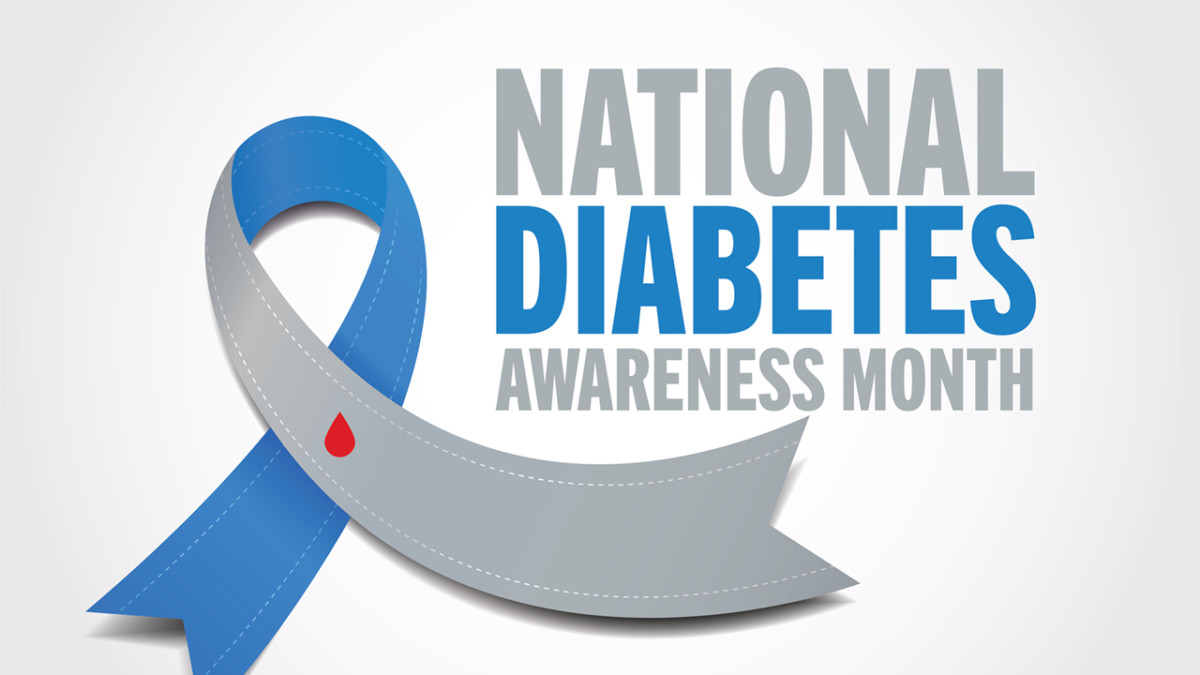November is National Diabetes Awareness Month and Burn and Reconstructive Centers of America is bringing the experts to you. Diabetes and chronic wounds incite many questions, so we sat down with Dr. Tony Quinton and Dr. Kirsten Smith to give you some helpful information.
What types of preventive care can I take to ensure the health of my feet?
Dr. Quinton: Prevention begins at the primary care level with good blood glucose control and a plan to stay active. Diabetic individuals should examine their feet every morning and night and look for any skin abnormalities such as blisters, heavy calluses, open sores or anything unusual. Proper shoe gear is critical. Regular exams with a podiatrist or other medical professionals are essential for the highest risk individuals with severe neuropathy or vascular disease. The American Diabetes Association has excellent information on its website about foot care.
Are there any activities I should be wary of during cold months? What about hot months?
Dr. Quinton: During colder months, loose shoe gear, cold exposure and ground obstacles like ice should be avoided as neuropathy can mask injuries that they may cause. Hotter temperatures can lead to increased perspiration and friction on the feet, resulting in blisters, calluses and other potential wounds.
What are chronic wounds, and who is most at risk for them?
Dr. Smith: A chronic wound is defined as one that has failed to progress through the phases of healing in an orderly and timely fashion and shows no significant progress toward healing within 30 days. Diabetics with poor glucose control may be unable to fight off infection and suffer from delayed healing. In terms of lower extremities, people with diabetes may have peripheral neuropathy, developed foot deformities and arterial insufficiency, increasing the risk of ulceration in the lower extremity.
What kind of signs or symptoms should I look for when checking for diabetic wounds? When should I see a doctor?
Dr. Smith: All diabetics should check their feet daily. Those who are higher risk should check twice daily. When discussing diabetic foot ulcers, wounds or infections, keeping an eye out for symptoms is crucial. These symptoms can include chronic pain, inflammation, infection, numbness and more. If you’ve ever had a diabetic foot ulcer, you are at risk of developing another.
A physician should evaluate any ulcer or wound that has not healed in a few days. Any wound that shows signs of infection should be treated as an emergency and the patient should seek immediate medical care. A diabetic foot infection can spread rapidly and can result in the need for an amputation. In addition, the longer the wound is open, the less likely it is to heal, and the risk of amputation is 4x higher than the day before the ulcer was present.
Is there a difference in wound susceptibility between Type 1 and Type 2 diabetes?
Dr. Smith: Not really—the main concern is time. In general, the longer the diabetes is undiagnosed or uncontrolled, the more your vessels are damaged, increasing the risk for limb loss. Good glycemic control is critical for both Type 1 and Type 2 diabetes. Poor glycemic control can increase neuropathy progression and the risk of infection, which puts diabetic Type 1 or 2 patients at risk for wounds and delayed healing.
How can my diet affect my health?
Dr. Quinton: Your diet plays a significant role in supporting or inhibiting wound progression and healing in general. Typically, proper carbohydrate intake can help sustain controlled glucose levels and avoid many diabetes-related problems. Maintaining adequate protein and vitamin levels are also key in every stage of wound healing. Talk to your primary care physician about developing a healthy diet plan.
Dr. Smith: We try to encourage all diabetics to take a special interest in keeping their sugars under control. I try to make it easy to avoid the four white devils: sugar, potato, flour and rice.
About Dr. Quinton, D.P.M., FACFAS, CWSP
Dr. Quinton is a podiatrist who specializes in wound treatment and prevention of the lower extremity. He has been in practice for 22 years and is well-versed in the adverse impact diabetes has on feet and legs. He is currently providing wound care services at BRCA of Idaho Falls, ID.
About Dr. Smith, M.D.
Dr. Smith is a general surgeon specializing in wound care and hyperbarics and has been in practice for 14 years in San Antonio. She is the Director of Hyperbarics and Wounds at BRCA San Antonio, where she is currently providing services.


